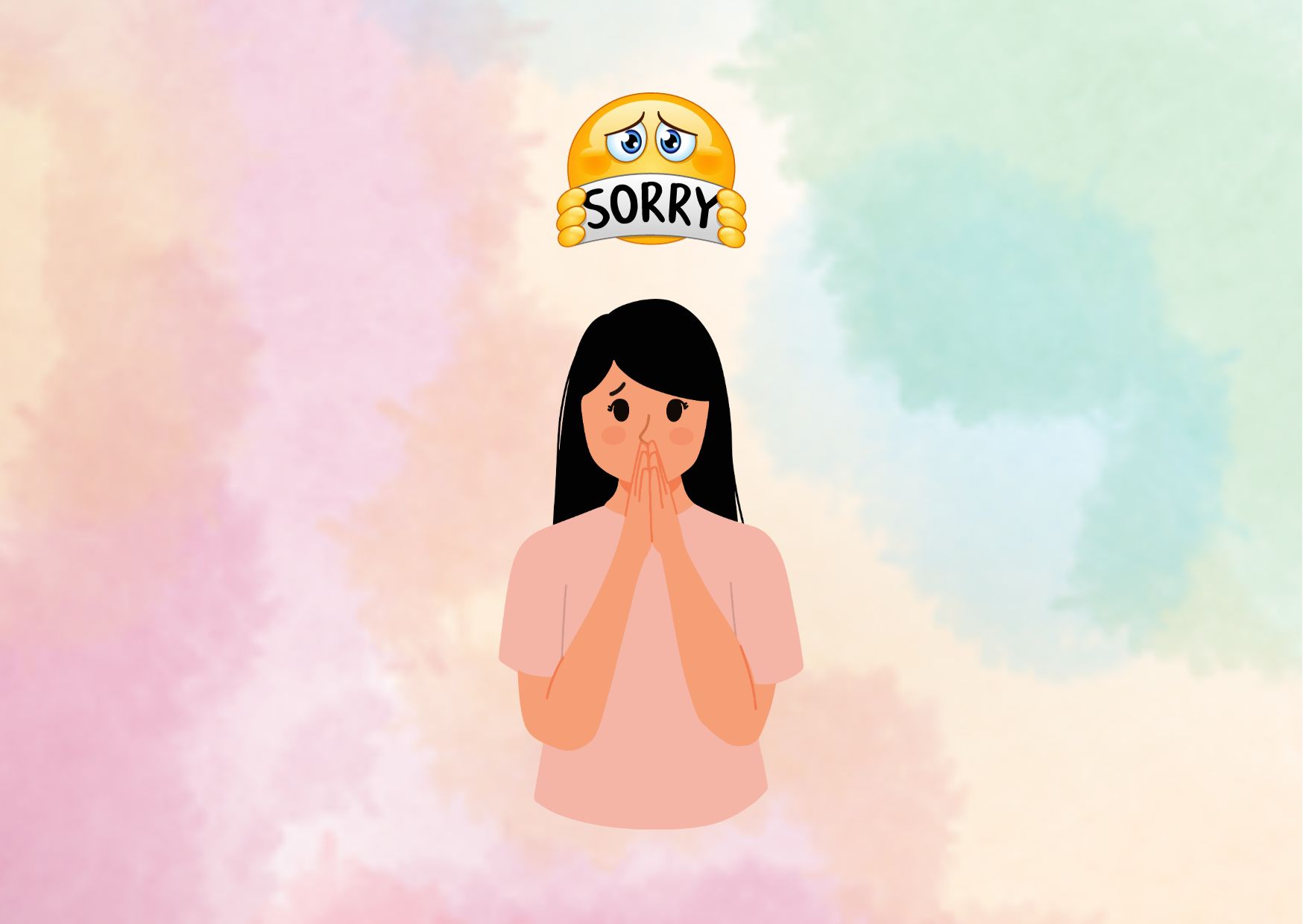Why Do I Feel Guilty all the Time? Understanding the Guilt Complex
Guilt is a complex emotion that we all experience at some point in our lives. It is a natural response to a perceived wrongdoing or moral transgression. While occasional guilt is a healthy part of our moral compass, constantly feeling guilty can be overwhelming and detrimental to our well-being. In this article, we will explore the concept of a guilt complex, its potential causes, effects, and strategies for managing and overcoming it.
Understanding the Guilt Complex
A guilt complex refers to the persistent and excessive feelings of guilt that are not proportionate to the actual events or actions. Unlike appropriate guilt, which arises from real harm caused to others or moral violations, a guilt complex involves imagined or perceived guilt that may have no basis in reality. People with a guilt complex often find themselves feeling guilty even when they have not done anything wrong. This constant state of guilt can be distressing and interfere with daily life.
Types of Guilt
There are different types of guilt that individuals with a guilt complex may experience. Understanding these types can help shed light on the nature of the guilt complex and its impact on mental health.
- Guilty Thoughts: Individuals with a guilt complex may feel guilty about their thoughts, even if they have no intention of acting on them. They may worry that their thoughts make them a bad person or fear judgment from others.
- Reactive Guilt: Reactive guilt is a normal response to a negative outcome resulting from one’s actions. While this guilt can motivate positive changes, individuals with a guilt complex may struggle to let go of this guilt and constantly blame themselves.
- Existential Guilt: People with a guilt complex may feel guilty about broader injustices in the world or their own perceived shortcomings. They may believe that they are responsible for the suffering of others or for not living up to their own ideals.
- Maladaptive Guilt: This type of guilt arises from events or circumstances that individuals had no control over. They may feel an overwhelming sense of guilt for things outside of their influence, leading to chronic guilt and negative effects on their mental health.
Signs and Effects of a Guilt Complex
